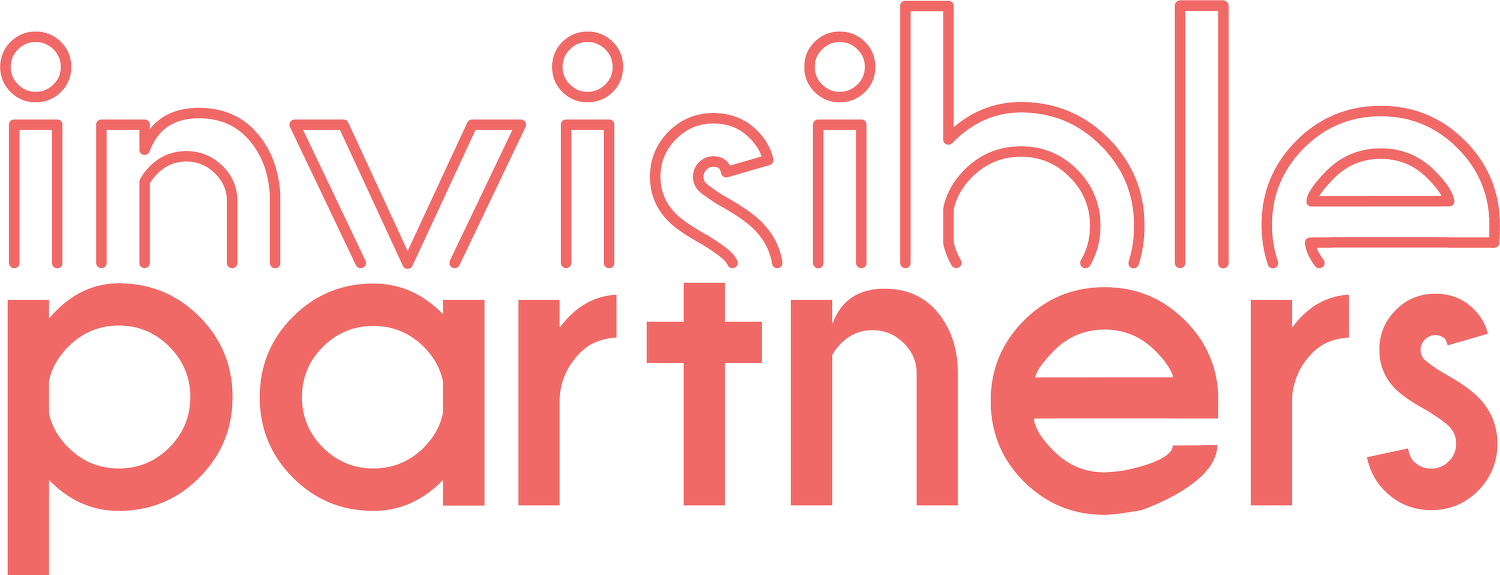A key to better hires? Asking better questions.
It continues to astound me just how many post-interview debriefs I go through with candidates that say:
“Well, they didn’t really ask me anything …”
“They did most of the talking.”
“I didn’t get a chance to talk about my experience in that thing that was super relevant to the job.”
The Interview is more important than you think…
The interview process provides your company with the opportunity to find the best candidate.
We’d love a chance to be interviewed by David Brent for the LOLs, but we can’t imagine he’d be getting it right very often…
But what an interview also does is provide your candidate a glimpse into your company’s culture. A poorly run interview will not only make your company look unorganised to your candidates, their negative experience can spread like wildfire as soon as they walk out, and the consequences can sometimes be irreversible.
Interviews play such a massive part in a candidate’s overall experience, so how an interview is delivered and conducted should be a high priority for any company.
And yet, so many hiring managers, even HR professionals, have little to no interview training. They often see it as a stand alone endeavour - not part of the holistic hiring strategy - make it up as they go along, and often get it wrong.
And worse? They google a list of “most asked candidate interview questions” then making their selection based on ‘gut feel’ - a recipe for disaster.
A haphazard interview approach not only leaves applicants with a sub par impression, the company misses out on recognising great talent because they interviewed poorly.
The right interview questions can help you hire, keep and retain the best talent
Invest in training, prioritise your candidate’s interview experience, and improve how interviews are carried out.
My experience has taught me that in order to successfully assess candidates’ experience, judgement and communication skills (no matter what the job’s level or discipline is, or what culture your organisation embodies), there are a few standard, common questions we have to ask.
But asking these question in a better way will get a better response and, therefore, you will get a better understanding of each candidate.
Scrap this question
“What are your strengths?”
Ask this instead
“What is your single greatest career highlight?”
Give them a minute so they can search the archives, then probe at and dissect their response.
What role did they play in delivering that outcome?
What were the biggest challenges they faced?
What would they do differently if they could go through that again?
What did they learn along the way?
Who did they work with (stakeholders/hierarchy)?
What were their measurements of success?
With these probing questions you’re not only assessing candidate’s judgement (based on the example they’ve given), but also allows to share what they are passionate about.
But (there’s always a but) if they choose a career highlight that happened a decade ago, alarm bells should start to ring. It’s all be downhill from there…
Also, if they are telling embellished half-truths (nice way to say ‘lies’), your deeper probing questions will help you tell straight away.
Finally, if they seem to be brilliant at the job but seem to not be performing that well at the interview, your questions should help guide them into giving the right level of detail, helping you to determine if they are the right fit.
Scrap this question
“What are your weaknesses?”
Ask this instead
“What has been your biggest career mistake to date?”
Vastly different to the awful “What is your biggest weakness?” question, this question focuses on mistakes and assesses the candidate’s culture fit, giving you a look at their ability to be vulnerable, and also allowing you to look at their humility (or lack thereof) and ability to be authentic.
If they can’t be upfront about something they would change in their career, then they likely lack the ability to self-reflect or be honest/transparent. A definite red flag.
Scrap this question
“Where do you see yourself in 5 years?”
Ask this instead
“In which direction do you want your career to head?”
Or sometimes the more appropriate question is “What are your priorities at this stage in your career?”
This speaks to motivational fit. Is the candidate driven by the right motivations and do those drivers align with the reality of the current vacancy or future opportunities?
Not everyone wants to dominate the world, but having a sense of their aspirations will give you the required insight into where they see your organisation fit with their aspirations.
Pass the mic over
Importantly, you want to to ask you questions. They get to choose as much as you do, and the questions they ask will shine a light on their drive, fit, motivation and market knowledge.
Their questions are as important to the interview process as the questions you ask them, it will give you insight on their values, smarts and their genuine curiosity about the gig you’re representing. Make time for it.
If you’ve made it through this article but you’re feeling unsure of where to even start with your candidate interview experience, or if you need someone to ensure a tailored approach is developed for your organisation, let's chat.


